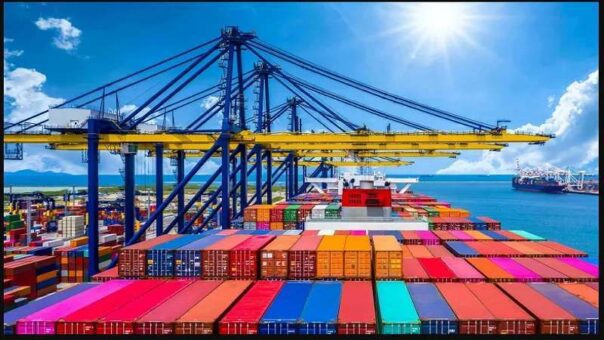ISLAMABAD, February 5, 2019 – In a positive economic development, Pakistan’s import bill experienced a notable contraction, decreasing by 19.14 percent to $4.5 billion in January 2019, as reported by official statistics released on Monday.
This significant reduction is in stark contrast to the $5.57 billion recorded in the same month of the previous year.
The pronounced decline in imports played a pivotal role in shrinking the country’s trade deficit by an impressive 31.73 percent, settling at $2.46 billion in January 2019, compared to the $3.6 billion reported in the corresponding month of the preceding year.
Despite the encouraging decline in the import bill, the growth in exports during the same period was modest, showing a 4 percent increase to $2.04 billion. In January 2018, the figure stood at $1.96 billion. Analysts attribute this subdued growth in exports to higher regulatory duties and stricter regulations on non-essential items, contributing to the restriction of imported goods.
For the period of July 2018 to January 2019, the overall import bill registered a 5.17 percent reduction, totaling $32.5 billion, compared to the $34.265 billion recorded in the corresponding period of the previous fiscal year.
Consequently, the trade deficit experienced a noteworthy contraction of 9.66 percent, reaching $19.264 billion during the first seven months of the current fiscal year. In the same period of the last fiscal year, the trade deficit was higher at $21.324 billion.
The exports sector exhibited a positive trend, showing a growth of 2.24 percent, reaching $13.23 billion during the July–January 2018/2019 period. In the corresponding period of the previous fiscal year, the figure was slightly lower at $12.94 billion.
These economic indicators suggest a positive trajectory for Pakistan’s trade balance, with efforts to curtail imports and boost exports beginning to yield positive results. The reduction in the trade deficit is a positive signal for the country’s economic stability, reflecting prudent fiscal management and measures to enhance the competitiveness of the export sector. However, sustained efforts and policy measures will be crucial to ensure the continued positive momentum in the coming months.
